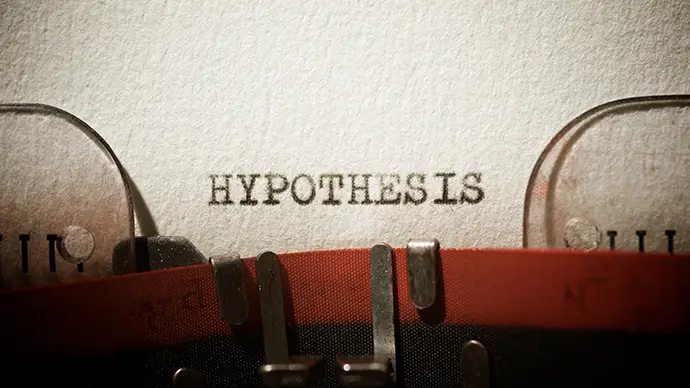Performing citizenship through food and religion: Mobile women’s lived experiences of making life in a Post-Brexit context
Abstract Postdoctoral project
Helena Schmidt
The project aims to contribute to the development of feminist, performative citizenships at the theoretical intersections between global, critical citizenship[1] and diaconal studies[2] through investigations of migrant women’s lived experiences of making life in precarious contexts. Women identifying as Roma, in the context of precarious and temporary migrations within the EU, are rarely considered as part of the conceptualisations of agency that inform either feminist, migrant, or citizenship studies. Modernist ideals like autonomy, non-religiosity and individuality are not presumed prevalent in Roma culture and hence scholarly interest in Roma migrants in Europe tend to focus more generally on mapping, or aspects of integration and inclusion.[3] There is a growing body of work that focuses on the consequences of Brexit on EU migrants in the UK (Lulle et al. 2017). Nevertheless, emphasis on women’s everyday acts of making life in the specific context of Post-Brexit, such as those involving food and religion, are to my knowledge non-existent. The political processes leading up to, and following Brexit fail to address or recognise migrant subjectivities, places or belonging (ibid.). In the specific London context, community support groups report that Roma migrants are particularly targeted and surveilled through racial profiling, while at the same time representing the largest non-UK group of rough sleepers (London.gov.uk 2021-22)[4]. As such, we may understand the context as both politically specific, and at the same time descriptive of tendencies in the larger European migration context. By applying performative citizenship (Isin 2017) as research lens, I look for traits of negotiations, resistance, creativity and agency by focusing on everyday acts of making life in what may be understood as hostile environments. I believe that narratives of how lived experience among women whose embodiments, movements and living are made particularly precarious in this specific context may enrichen the fields of both diaconia, critical citizenship and feminist studies. I wish to explore two particular embodied practices: cooking food/making life and religious acts of lighting candles, prayer or partaking in religious assemblies. The project operates with the following main question:
What does a counter-normative vocabulary of ethical-political performativity sound like through women’s voices of lived experience?
[1] See among others Isin/Nyers 2014, Isin/Nielsen 2008, and Isin 2009.
[2] The intersection between diaconal and citizenship studies has developed during the past decade where foundations can be read in Wyller 2009, Deifelt 2009, Critchey 2009, and Wyller 2019, R?nsdal 2018, among others.
3 See among others: Djuve, A.B., Friberg, J. H., et.al. (2015); The Role of the Romanian Orthodox Church in Social Integration of Roma People: Towards a Participatory Approach | EEA Grants; St?lsett et al. (2018)
